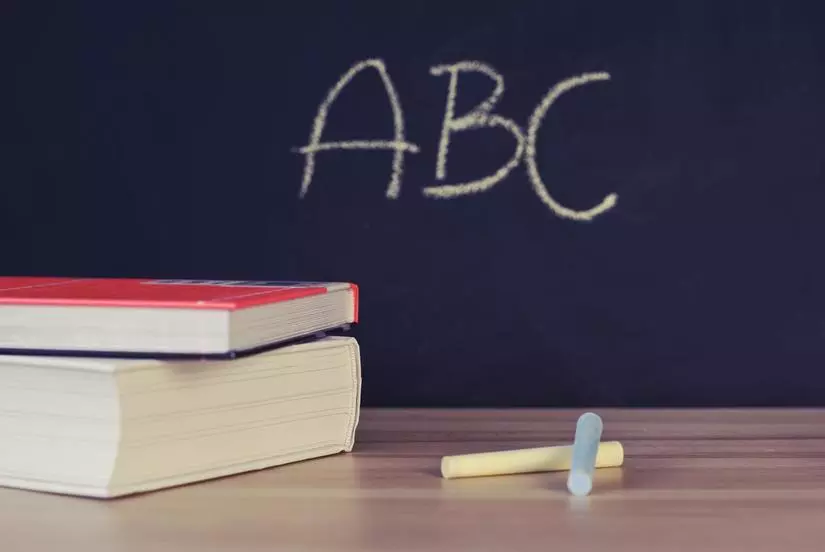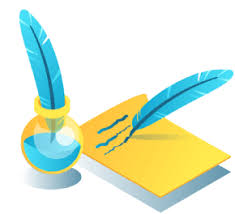Top Tips for Learning French

Want to subscribe to a French energy offer?
Our English-speaking Selectra advisors are here to help you find the right energy plan.
(foreign IBANs accepted) at [email protected]. You can contact us also:

Moving to France without knowing a lick of French? Or are you just looking to add another language to your arsenal? It may seem daunting, but learning a new language isn’t impossible.
Here are some of our tips on how to learn French.
What type of learner are you?
Everyone has a different learning style. Figuring out yours can help you decide how you learn French.
Visual learners
If you’re a visual learner, get reading: but don’t jump straight into something like The Three Musketeers! Start with children’s books or comics that use simpler language and take their time building up proper grammar and sentence structure.

Pick stories that you know by heart (like fairy tales) so you can focus on the vocabulary and not what’s going on in the story. You’ll also be able to understand some of the French better, just by associating the words with the illustrations and knowing your place in the story.
Children’s books tend to repeat new vocabulary and grammar patterns. Each time you read through them, you’ll automatically pick up certain things, and eventually you’ll know them without even thinking.
Change your phone or computer’s language to French. It will be terrifying at first, but eventually your brain will correlate the French names for apps and settings with the English ones you’re used to.
Auditory learners
If you’re an auditory learner, you can start learning French online by watching TV shows, movies or YouTube videos in French with French subtitles. You’ll pick up on the intonation, grammar and accent. Reading the subtitles can also help visual learners.
But regardless of your learning style…learn French with audio
Written French is different from spoken French. Anything written requires a sharp eye for accents, specific spellings and a multitude of verb endings depending on which tense you’re using.

But in spoken French, a lot of the words flow together and sound the same. There is a bit more leeway when it comes to not knowing the correct grammar. However, these similar-sounding words make it more difficult to figure out what a French-speaker is really saying.
By taking the time to study and listen to things like podcasts, audiobooks or YouTube videos that enunciate and allow you to hear how certain words flow together, you’ll be in much better shape when you’re out in the real French world.
Start small, though! Listen to stories and basic videos that are simple and easy to follow. It’s no use to anyone if you start your audio training trying to decipher all the intricacies of Les Misérables.
French speakers will understand the intonation of your words better than your pronunciation. Even if your pronunciation is off, they’ll be able to fill in the blanks much easier if you know how to stress your words and sentences in the right places.
Use apps to learn French

There are a ton of apps out there to help you learn a new language. Two of the most popular ones are Duolingo and Memrise. Both apps are free with optional paid extras, and gradually build up your vocabulary and grammar with each lesson.
Duolingo has recently launched a new podcast. They focus on short stories that are narrated in alternating French and English.
Consider a tutor or group class
Learning French on your own can be difficult, and not everyone has the discipline or time to make it happen. That’s okay! Sometimes you just need that extra guidance from a professional teacher or native French-speaker.
Check out the French-language schools in your area. Alliance Française is the biggest French school across the globe, and is worth checking out first. If you're more interested in one-on-one teaching, consider a private tutor. Many offer Skype or phone lessons as well, for students who aren’t in their immediate vicinity.
Learn, review, repeat
When you’re learning a new language, it can often seem overwhelming to remember all the new vocabulary, grammar and pronunciation. You may think you’re mastered the present tense of avoir and être, but try remembering it once you’ve learned passé composé, futur simple, l’impéritif...and so on and so forth.
It never hurts to review and re-drill vocab and grammar another few times! Your future self will thank you.
Associate French words and phrases with images
It’s easy to want to translate everything into English in your head to understand it better. However, this uses more brain power and is not as efficient when it comes to learning a new language.
If you’re using flashcards, try to draw a picture representing the word or phrase in French, instead of providing an English translation. That photo-association will remain in your brain for longer and you’ll be able to recall that French word in the future much quicker.
You can also associate certain words or phrases to things that are personal to you. If you’re trying to remember something like “la maison rouge” and your mother lives in a red house, write “la maison rouge de maman” on the flashcard instead. You’ll remember the actual memory and associate it with the phrase you’re trying to learn.
Watch out for French cognates
Cognates are words that look the same in both French and English, but don’t always mean the same thing, or are pronounced the same way. For instance, the word “dance” in English looks the same as “la danse” in French, and mean the same thing too.
But a word like “library” in English is not the same as “librairie” in French. In fact, the French one is referring to a bookstore. An English “library” is “bibliothèque,” en français. So while some cognates do live up to their English-French twin, keep an eye out and don’t assume they all mean what you think they do.
Don’t rush it!

We know you want to be fluent as soon as possible. But don’t pressure yourself to learn everything all at once! You might think that cramming in a couple hours of French a day will be the easiest and quickest way to becoming fluent. But it may actually hinder your learning in the long run.
If you cram too much, your brain will tire out quicker and you won’t be able to retain as much information.
Try to do short, focused periods of studying, ranging from 15 to 20 minutes. You won’t feel as stressed, and you’re likely to remember a lot more.
Focus on vocabulary, verbs and grammar you’ll most likely use on a daily basis.Once you build up your base, you’ll be able to tackle more difficult words and grammar structures, and feel more at ease doing so.